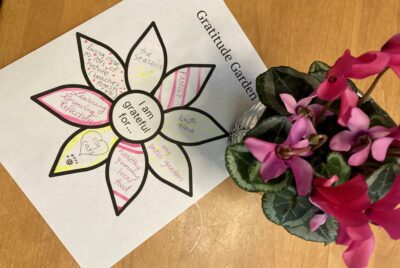RESEARCH
The Effect of Therapeutic Horticulture on the Psychological Wellbeing of Elderly in Singapore: A Randomised Controlled Trial
Summary
This study, a randomised controlled trial (RCT), evaluated the effects of a therapeutic horticulture program on the psychological wellbeing of elderly individuals in multi-ethnic Singapore. Recognizing the challenges faced by Singapore’s rapidly aging society, including potential social isolation and mental health risks, and the lack of research on nature-based interventions in South East Asia, the study recruited 59 elderly participants aged 60 to 85 from a community in Singapore. Participants, who met specific inclusion criteria regarding cognitive function, health status, and physical ability, were randomly assigned to either a treatment group (n=29) that received the intervention or a waitlist control group (n=30). The intervention consisted of 15 weekly, 60-minute sessions involving a variety of activities like gardening tasks, nature crafts, and guided nature walks, designed to be an enriching experience promoting light physical activity, social interaction, self-worth, and attention span. Psychological wellbeing was measured using the Ryff Scales of Psychological Well-Being (SPWB), assessing six facets including “positive relations with others”.
While the study found no statistically significant change in the overall SPWB score when comparing the treatment and control groups, a notable result was observed in one specific subscale. The research revealed a statistically significant improvement in the mean score for the “positive relations with others” subscale in the treatment group compared to the control group. The authors suggest this particular improvement may stem from the program providing opportunities for social interaction and fostering a sense of commitment and ownership through caring for plants, thereby promoting positive social connectedness. Given that psychological wellbeing scores in the elderly often remain stable or decline, this specific finding is considered encouraging. The study concluded that community-based therapeutic horticulture is a promising and affordable intervention capable of engaging older adults in a more active and positive lifestyle.







